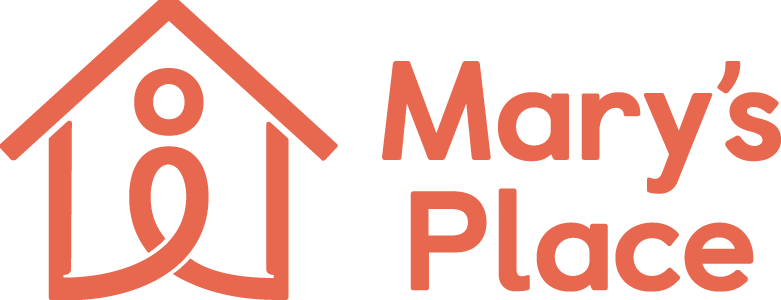helping families return home - Jessica Safley and the Mary’s Place outreach team
Jessica Safley leads Mary's Place’s team of mobile outreach specialists. For this team, meeting families where they are both physically and emotionally and helping to remove barriers to housing is paramount. Mary’s Place addresses the crisis of family homelessness in our community with a three-pronged approach that includes emergency shelter, homelessness prevention, and outreach - meeting unsheltered families in cars, tents, and encampments to provide essentials and resources to connect them quickly to housing, often avoiding a shelter stay. As the cost of living continues to rise and affordable housing remains hard to find, Mary's Place shelters are full, and our outreach team is responding to an unprecedented number of families who have lost their homes and are living outside.
“With the cost of living in King County rapidly increasing, families are making hard choices between feeding their kids and paying the rent,” explains Jessica, “the families we work with had apartments, were working, paying their bills, and were living normal lives - then one unexpected job loss, medical condition, or emergency expense creates a snowball effect that is hard to recover from and causes homelessness.”
When a family calls Mary's Place for help and is referred to the outreach team, an outreach specialist meets them to assess their needs. “We never want transportation to be a barrier to receiving support. That’s why our model of meeting families where they are is so important,” says Jessica. Outreach team members talk to families about their housing goals and any urgent medical or health needs and assess the safety of their current living situation.
“Many times, the family already has a housing solution in mind; they just need some support to get there,” explains Jessica. “For example, they may have been approved for an apartment, but they’re short on the deposit, and we can help them fill that gap. Other times, it’s more complicated; they may have housing debt from their previous residence, a medically fragile family member whose health is the priority, or they may need help getting approved for housing because of an eviction. We also provide the family with supplies like food, tents, sleeping bags, and diapers to keep them as safe and comfortable as possible in the interim if shelters are full. The unfortunate reality is that the demand of this crisis surpasses what we can accommodate in our shelters, but if we can identify a solution for a family that gets them into housing quickly and eliminates the need for a shelter stay, that’s a big win!”
Our outreach team uses a trauma-informed approach when connecting with families. “The homeless services and housing systems can be challenging to navigate,” says Jessica, “a lot of the families we meet have been wading through the mud dealing with bureaucracy, red tape, and confusing systems. Add on top of that the stress and trauma of sleeping outside, the fear of being separated, transportation barriers, lack of access to a computer or phone, and a lot of these families are feeling completely discouraged and at a loss for what to do next. We want to provide hope, a compassionate ear, and an avenue to stability. Everything we do is centered around the needs and goals identified by the family, and we’re here to minimize trauma as much as possible and remove as many barriers to stability as possible by using community connections, flexible funds, and our knowledge of the housing system.”
“For me, what’s important is helping families not just survive but thrive! The foundation of that is a safe, stable home, and I feel very enriched by the work my team does in helping families regain that fundamental piece they need to have happy, fulfilling lives,” shares Jessica. “I think it’s important to recognize that homelessness can happen to any of us, and we all have times in our lives when we need help. We must come together as a community and ensure families aren’t alone when they fall on challenging times.”
